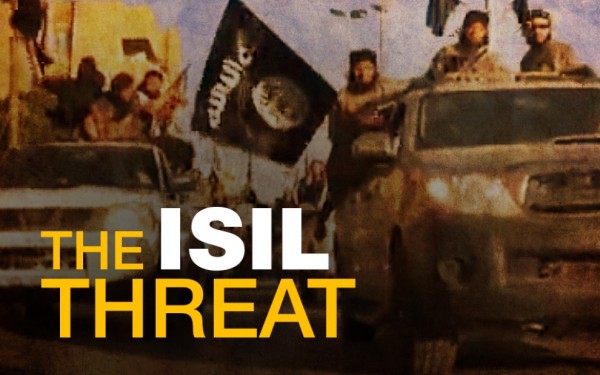 The number of voters who believe terrorists are winning the fight against the United States and its allies continues to grow, while views of Muslims in general and U.S. relations with the Islamic world have worsened.
The number of voters who believe terrorists are winning the fight against the United States and its allies continues to grow, while views of Muslims in general and U.S. relations with the Islamic world have worsened.
A new Rasmussen Reports national telephone survey finds that just 29% of Likely U.S. Voters believe the United States and its allies are winning the War on Terror. That’s down from the 33% measured in March, but still above findings for most of last year. But now 39% think the terrorists are winning the war, up from 33% in the previous survey and the highest level of pessimism since the September 11, 2001 terror attacks. Twenty-five percent (25%) say neither side is winning. (To see survey question wording, click here.)
Confidence in U.S. anti-terrorism efforts hit a high of 62% in February 2009 just after President Obama’s inauguration, then steadily deteriorated until the killing of Osama bin Laden in May 2011 when it rebounded into the 50s. But it had been trending steadily down for most of the past two years.
Forty-nine percent (49%) of voters now believe most Muslims worldwide view the United States as an enemy, up from 39% earlier this year and tying the highest level last measured in August 2013. Thirty-three percent (33%) disagree and say most Muslims around the world do not view America as an enemy. Nineteen percent (19%) are not sure.
Voters remain more evenly divided when it comes to their fellow citizens’ perceptions of Muslims: 39% think most Americans view Muslims worldwide as an enemy, while 42% disagree. Nineteen percent (19%) aren’t sure.
Over half (52%) believe U.S. relations with the Islamic world are worse today than they were five years ago, up from 44% last August. Just 12% think U.S.-Islamic relations are better since Obama’s speech in Cairo just over five years ago, while 27% say those relations are about the same.
The national survey of 1,000 Likely Voters was conducted on April 15-16, 2015 by Rasmussen Reports. The margin of sampling error is +/- 3 percentage points with a 95% level of confidence. Field work for all Rasmussen Reports surveys is conducted by Pulse Opinion Research, LLC. See methodology.
Seventy-five percent (75%) of Americans agree that Islamic religious leaders need to do more to emphasize the peaceful beliefs of their faith, and 52% believe Islam as practiced today encourages violence more than most other religions.
Thirty-two percent (32%) of voters think U.S. involvement in Middle East politics has been good for this country, showing no change from last July. A plurality (49%) still believes U.S. involvement in Middle East politics is bad for America, also in line with previous surveys. Just six percent (6%) say that involvement has no impact on the United States, while just as many (13%) are undecided.
Voters under 40 are slightly more confident than their elders in U.S. efforts to fight terror and are less likely to think America’s relationship with Islamic countries is worse than it was five years ago. But they are just as likely to think U.S. involvement in the Middle East has hurt this country and that most Muslims worldwide view the America as an enemy.
Fifty-five percent (55%) of Republicans think the terrorists are winning the fight against terrorism, but just 24% of Democrats and 39% of voters not affiliated with either major political party agree. While most Republicans (67%) and unaffiliateds (55%) think U.S. relations with the Islamic world are worse than they were five years ago, just 24% of Democrats share that view.
Sixty-six percent (66%) of Republicans think most Muslims worldwide view the United States as an enemy, compared to 38% of Democrats and 44% of unaffiliateds. Forty-seven percent (47%) of GOP voters say most Americans consider Muslims around the world as an enemy, a view held by only 34% of Democrats and 36% of unaffiliated voters.
Voters who believe U.S.-Islamic world relations have improved feel slightly more strongly than others that U.S. involvement in the region is good for this country.
Only 34% of all voters believe the United States today is safer than it was before the terrorist attacks on 9/11.
Voters tend to believe the radical Islamic State group (ISIS) is winning the war in Iraq but are much less supportive of putting U.S. combat troops in the fight.
Eighty-six percent (86%) believe that radical Islamic terrorism is a threat to the United States.
But voters agree with the president that America is not at war with Islam, although they are far less convinced that the economic measures promoted the White House summit on violent extremismearlier this year will help protect this country.

Leave a Reply
You must be logged in to post a comment.